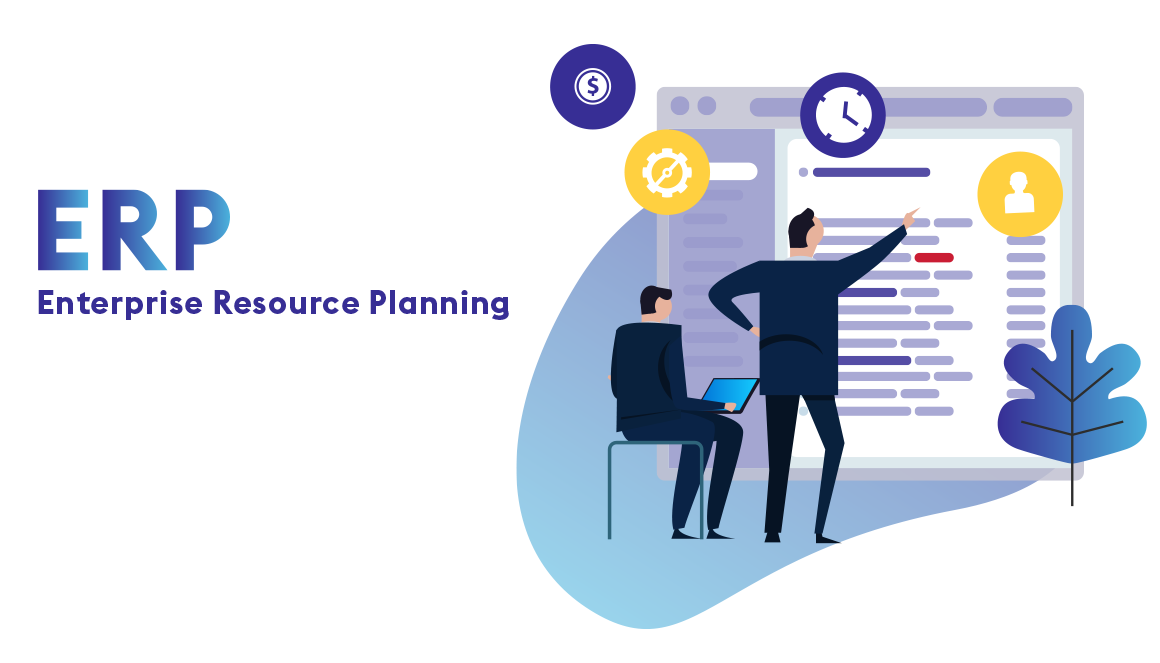
Is integrating your software a demanding task? Do you want a general overview of the situation?
It can be complicated to manage information flows and data integration for an organization that has numerous software solutions. That is precisely when an ERP system is needed. Enterprise resource planning, or ERP, is a solution that enables you to automate and computerize basic processes, functions, flows and systems in a complete, integrated environment.
We will set out the advantages of considering an ERP system in a few basic points.
The main purpose of an ERP system is to increase an organization’s structural efficiency by effectively improving and managing the way in which material, financial and human resources are used. This solution is mainly intended to optimize management processes, reduce multiple data entry tasks and the related errors, improve access to relevant information, and quickly obtain up-to-date management statistics, while enhancing quality of life and the performance of existing resources.
Before the first ERP software appeared in the 1990s, all companies in every sector functioned by using different software solutions (inventory management, finance, HR, payroll, etc.), since there were no centralized systems that could combine all these domains. Today, ERP systems, which include a full range of corporate management applications, offer organizations a complete set of functionalities and flexible parameterization in order to meet their increasingly demanding and specific needs.
It is important to understand that choosing an ERP system for your organization does not depend on its size. The key factor is to determine whether the system will respond efficiently to your business’s current and future needs, regardless of its size.
An important point to realize is that businesses that choose ERP systems eliminate the need for customized gateways and/or APIs that can become costly over time. They will be able to rely on an integrated solution that will adapt to the fast pace of corporate change and meet new requirements as they are identified.
One of the main advantages of an ERP solution in an organization is being able to manage your organization’s many essential areas of activity with a single system. In addition, the solution provides for a logical interrelationship of different functionalities, allowing them to communicate with each other and thus to increase management efficiency.
The entire ERP functionality is coherent, ensuring harmonized, rationalized operations. Coordination within a single database allows for transparent information sharing among the various stakeholders in the organization. In addition, since it can be used as a data warehouse, an integrated solution makes it possible to extract management indicators quickly and efficiently.
The single, aggregated source of real-time data enhances knowledge and corporate decision-making.
Enterprise resource planning results in a transformation of the way in which you collect and analyze data for your entire organization, letting you quickly identify specific information about your operations as a whole.
Flexible parameterization and different system functionalities mean that the solution can adapt to organizations, growing with them and meeting their changing needs over time, depending on the organization’s development.
If you think your business could benefit from selecting an ERP, do not hesitate to contact our experts!